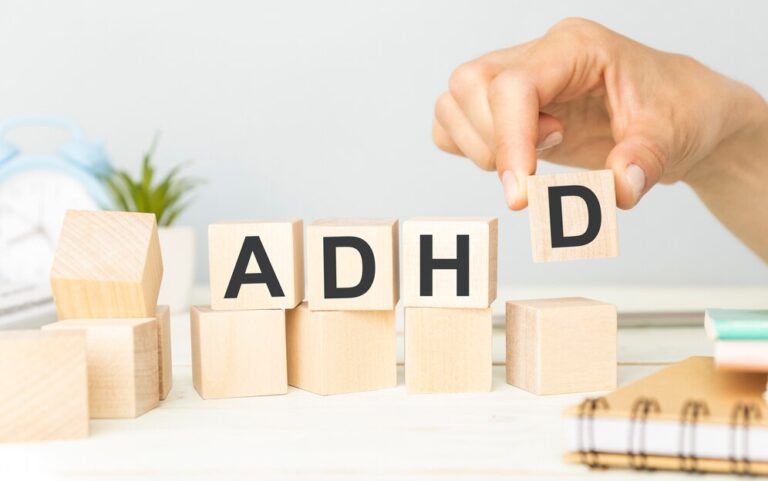ADHD In Adults: Recognizing And Managing Symptoms
Attention Deficit Hyperactivity Disorder (ADHD) is commonly associated with childhood, but its impact can extend well into adulthood. While it’s often believed to be a childhood condition that one grows out of, many individuals continue to struggle with ADHD symptoms well into their adult years. Recognizing and managing these symptoms is crucial for adults to lead fulfilling lives personally and professionally.
To Know More About It Please Click Here
Recognizing ADHD Symptoms in Adults
- Inattention: Adults with ADHD often find it challenging to maintain focus, leading to difficulty in completing tasks, following through on commitments, and staying organized. They may frequently lose track of time, miss deadlines, and struggle to prioritize tasks effectively.
- Hyperactivity: While hyperactivity may manifest differently in adults compared to children, it can still be present. Adults with ADHD may feel restless or fidgety, have difficulty sitting still for extended periods, and engage in impulsive behaviors like interrupting others or speaking out of turn.
- Impulsivity: Impulsivity can lead to difficulties in decision-making and self-control. Adults with ADHD may struggle with managing impulses related to spending, substance use, or interpersonal relationships, leading to problems in various aspects of their lives.
- Disorganization: Adults with ADHD often struggle with maintaining organization in their personal and professional lives. This can manifest as cluttered workspaces, missed appointments, forgetfulness, and difficulty in following routines or schedules.
- Emotional Dysregulation: Individuals with ADHD may experience intense emotions and have difficulty regulating them. This can lead to mood swings, irritability, and difficulty in managing stress, which can impact relationships and overall well-being.
Managing ADHD Symptoms in Adults:
- Seeking Professional Evaluation: If you suspect you may have ADHD, seeking evaluation by a qualified mental health professional is the first step. A comprehensive assessment can help determine whether ADHD is present and guide appropriate treatment options.
- Education and Self-awareness: Understanding ADHD and its impact on your life is crucial for effective management. Educate yourself about the condition, its symptoms, and how it may manifest in adults. Developing self-awareness around your specific challenges can help you develop coping strategies.
- Medication: Medication can be an effective treatment option for managing ADHD symptoms in adults. Stimulant medications such as methylphenidate and amphetamine-based drugs are commonly prescribed to improve focus, attention, and impulse control. Non-stimulant medications like atomoxetine may also be recommended, particularly for individuals who cannot tolerate stimulants.
- Therapy and Counseling: Behavioral therapy, including cognitive-behavioral therapy (CBT) and dialectical behavior therapy (DBT), can be beneficial for adults with ADHD. Therapy can help individuals develop coping skills, improve time management and organizational skills, and address emotional dysregulation.
- Lifestyle Modifications: Adopting healthy lifestyle habits can complement other treatment strategies for managing ADHD. Regular exercise, adequate sleep, a balanced diet, and stress management techniques like mindfulness or relaxation exercises can all contribute to improved symptoms.
- Support Networks: Building a support network of friends, family, or support groups can provide valuable encouragement and understanding. Connecting with others who have similar experiences can help reduce feelings of isolation and provide practical tips for managing ADHD symptoms.
- Accommodations in the Workplace or School: Informing employers or educators about your ADHD and requesting accommodations can help create a supportive environment. This may include flexible work arrangements, breaks during tasks, or assistive technologies to improve productivity and focus.
Conclusion
ADHD can pose significant challenges for adults, impacting various aspects of their lives. However, with proper recognition and management of symptoms, individuals with ADHD can lead fulfilling and successful lives. By seeking professional evaluation, educating themselves about the condition, and utilizing a combination of medication, therapy, lifestyle modifications, and support networks, adults with ADHD can effectively manage their symptoms and thrive in their personal and professional endeavors.
Also, Follow us on Instagram








